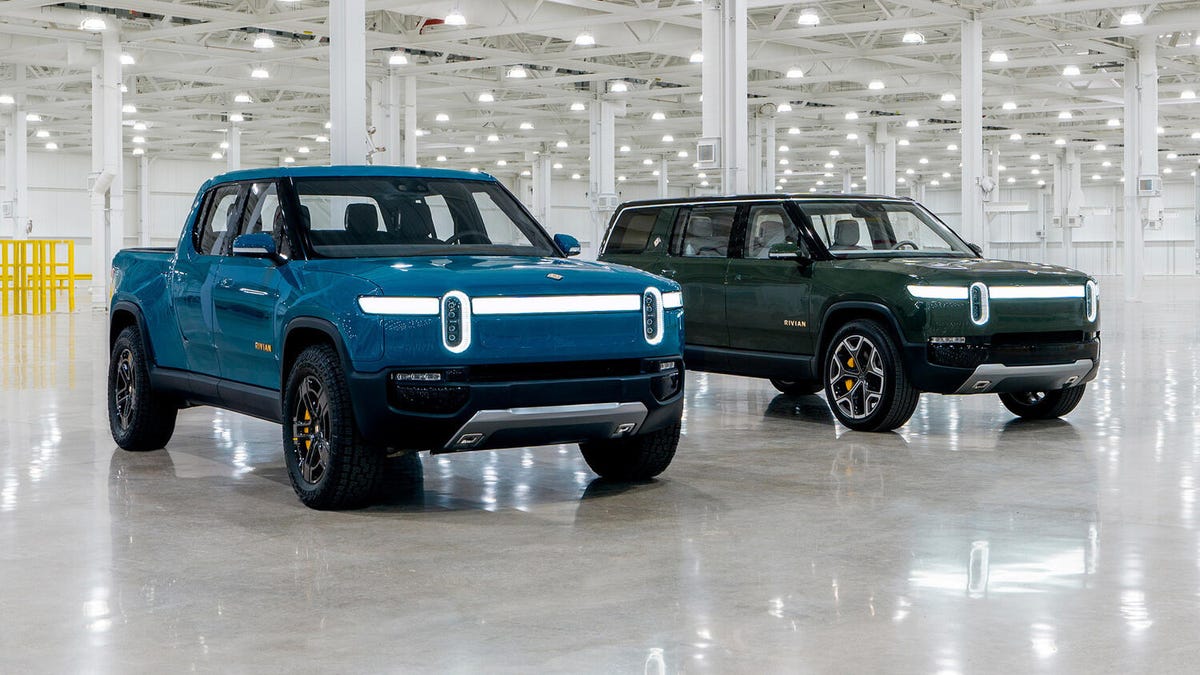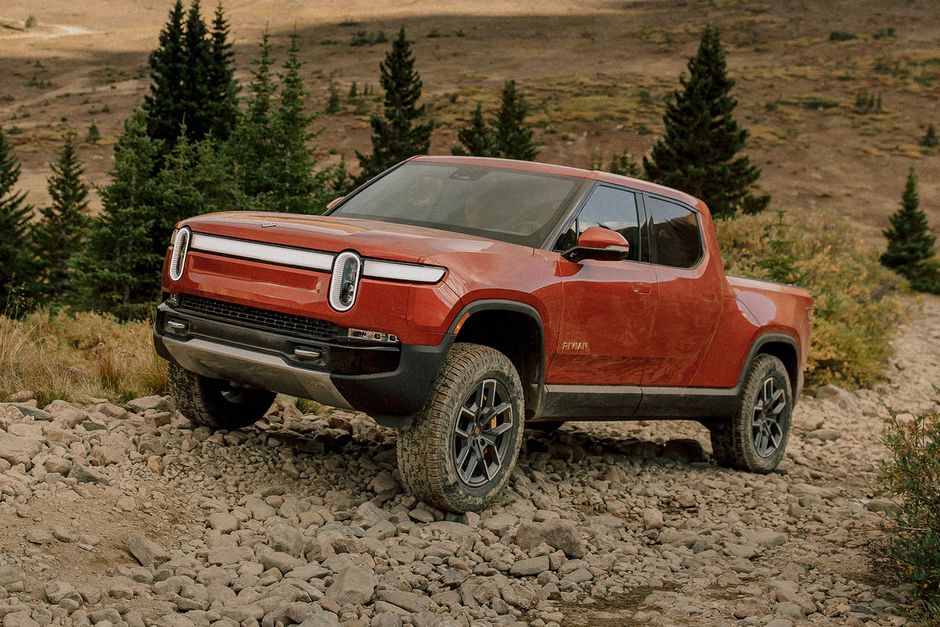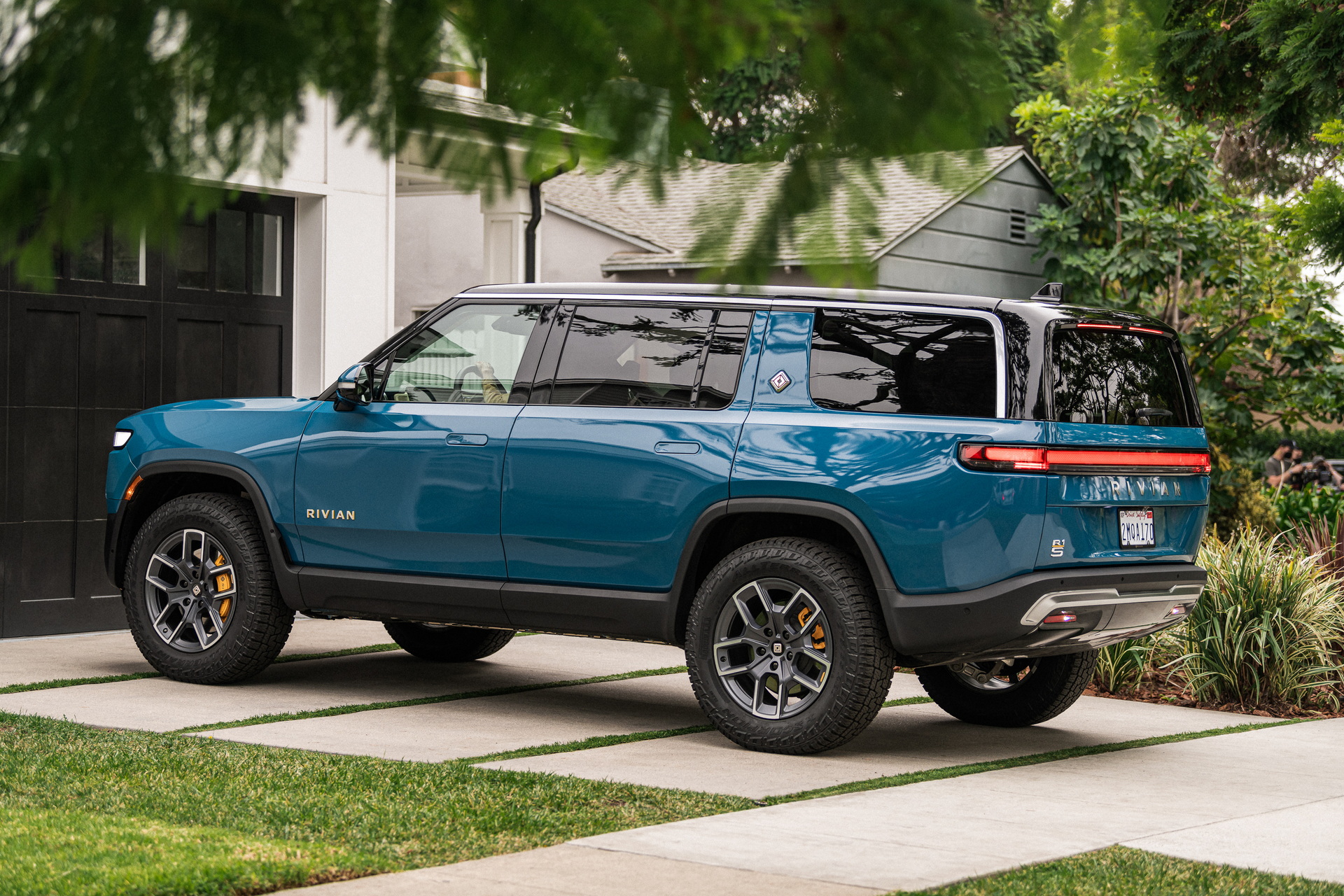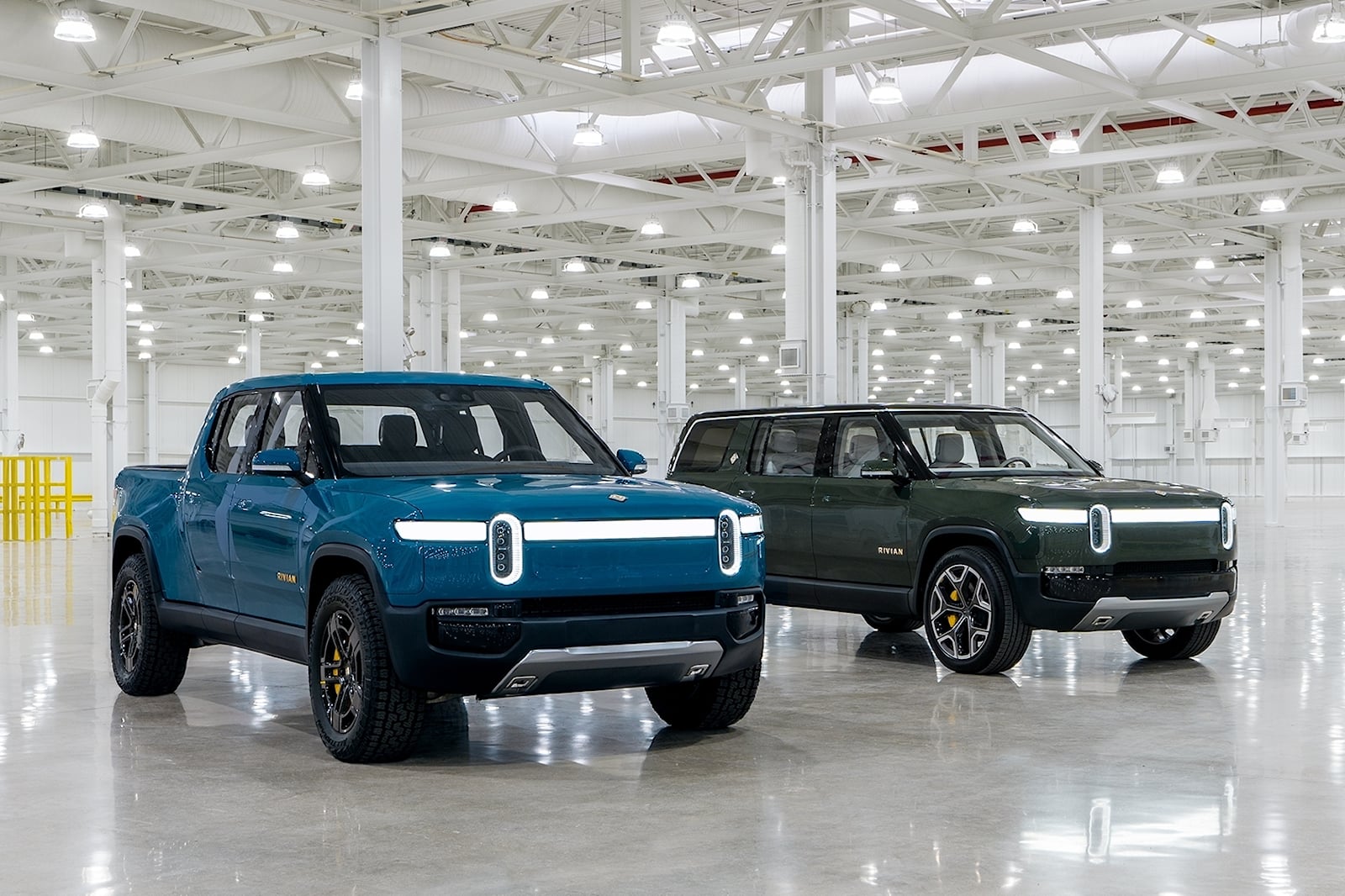Rivian, the electric vehicle (EV) startup that made headlines with its record-breaking initial public offering (IPO) in 2021, is now facing a significant setback. After reaching a peak of $129.95 per share, the company’s stock prices have plummeted by nearly 90 percent, dropping to a mere $14.62 on Thursday in New York. This alarming decline has raised concerns that Rivian may be pushed off the Nasdaq 100 Index later this month.
Analyst Min Moon from JPMorgan revealed that Rivian’s stock accounted for less than 0.1 percent of the index in both April and May. Typically, the Nasdaq 100 removes its smallest members if they remain at such low levels for two consecutive months. Consequently, Moon predicts that Rivian will be removed from the index by the third Friday of June. Bloomberg reports that this would be the latest blow to the company’s stock, which has already experienced a 20 percent decline this year.

Despite the initial hype surrounding its IPO, Rivian’s share prices began to tumble shortly after the frenzy subsided. The company faced the backlash of a sudden shift in investor sentiment towards startups, triggered by increasing interest rates that impacted the sales of high-priced electric vehicles.
Rivian is not the only EV startup grappling with difficulties. Lucid, an American EV manufacturer praised for its electric luxury sedan, has struggled to find buyers, leading to a 5.4 percent decline in its share prices this year.
Another example is Nikola, an electric truck startup that received a delisting notice from Nasdaq in May due to its shares consistently trading below $1 for 30 consecutive days. Similarly, Lordstown, an EV startup, had to resort to a reverse stock split to avoid being delisted from the index as its shares neared the $1 mark.
However, not all EV startups are facing such challenges. Tesla, the industry giant, has seen a 68 percent increase in its stock price this year. Leveraging its manufacturing expertise and high profit margins, Tesla competes with established manufacturers like Ford and VW, who are investing heavily in EV production.






